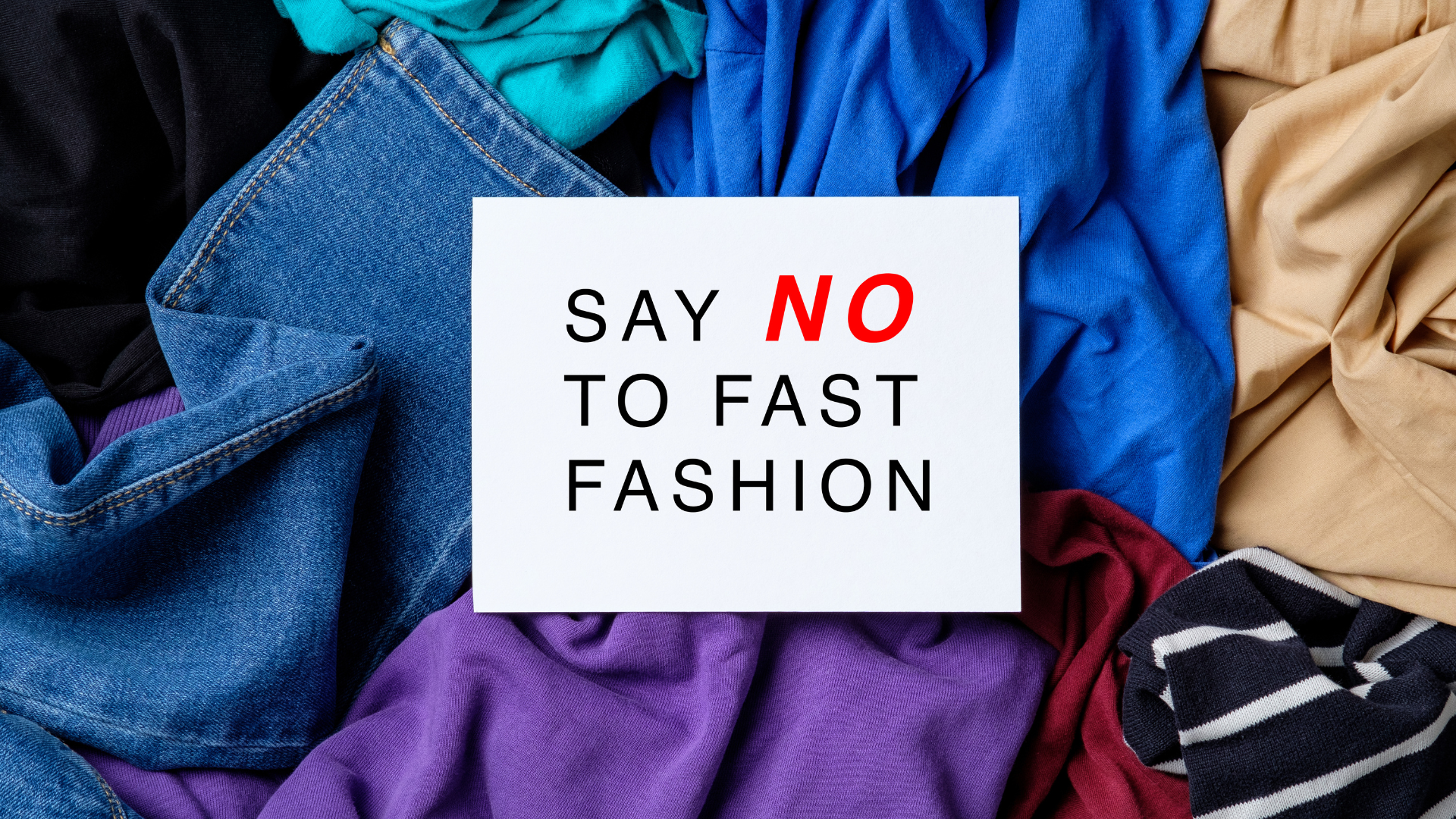During decades, the fast fashion has dominated the industry of the fashion, offering affordable clothes and quickly produced to satisfy the whims of the consumers. According to a report of the Foundation Ellen MacArthur, the production of clothes has duplicated in the last 15 years, reaching more than 100 billion of textile pieces by year.
However, in the last years, have been witnesses of a change of paradigm to measure that the consciousness on the social and environmental impacts of this industry has increased. The consumers are more conscious of his power like agents of change and the fast fashion is confronting an existential challenge. In this article, will explore the possible final of the fast fashion and how are advancing to an industry of the most sustainable fashion.
- Consciousness of the consumer
The first step to the end of the fast fashion is the increasing consciousness of the consumer. The people question the model of business based in the massive production, the labour exploitation and the generation of waste. Thanks to the diffusion through the social networks and organisations devoted to the defence of the environment, the consumers now are informed on the practices behind the marks of fast fashion. This knowledge has carried to a change in the values and the demands of the consumers, those who look for alternatives more ethical and sustainable.
- Peak of the sustainable fashion
To measure that grows the sustainable fashionable demand, increasingly marks are adopting practical managers in his chain of supply. From the election of organic materials and recycled until the local production and the support to communities artesanales, the sustainable marks are changing the form in that it produces and consumes the fashion. These marks prioritise the transparency, the labour equity and the reduction of his environmental footprint.
Besides, the consumers are opting for buying less, but of better quality. The mentality to "buy less, choose well" is winning terrain to measure that values the durability and the versatility of the pieces. Still like this, the consumption that do of the pieces of clothes keeps on being extramadamente high: from the year 2000, has increased in 60%, whereas the length of use of the pieces has reduced in 40% in the same period, according to the UN.
- Technological innovation and circularidad
The technological innovation is playing a crucial paper in the end of the fast fashion. The development of new technicians of manufacture, like the impression in 3D and the intelligent "clothes", is revolutionising the form in that it produces and consumes the fashion. These technologies allow a more efficient production, reducing the waste of materials and the costs associated. The approach in the circular economy is transforming the industry of the fashion. they are implementing Programs of recycling and reuse of pieces, allowing that the materials recover and turn into new products. The marks are adopting models of business based in the rent of clothes and the subscription, what boosts the circularidad and reduces the need to buy constantly clothes nueva.
- Regulations and activism
The governments and the international organisations are recognising the need to regulate the industry of the fashion to tackle his negative impacts. Increasingly countries are implementing legislations to guarantee just wages, safe labour conditions and sustainable practices in the chain of supply of the fashion. Of the same way, the activists are presionando to the marks so that they are more transparent and responsible in his operations. Giants of this type of massive production of pieces to dress, besides, evade to prices arancelarias. As it published in a post in Linkedin an expert in the matter, explained that Shein and Temu had committed a disproportionate number of rapes to the regulations of imports and this was published in a report. In him, it says that, through a disposal called of minima of the Section 321 of the Law Arancelaria of 1930, exempts of the tariffs of import if the retail value of the sending does not exceed the $800 (in Spain, Shein and Temu also use massively other exceptions arancelarias not to pay taxes).
However, although it still remains a lot of work for doing, is indispensable to put barriers to the main companies that promote the fast fashion like Shein, to avoid that they go up to the train of the fashion 'real time'.
